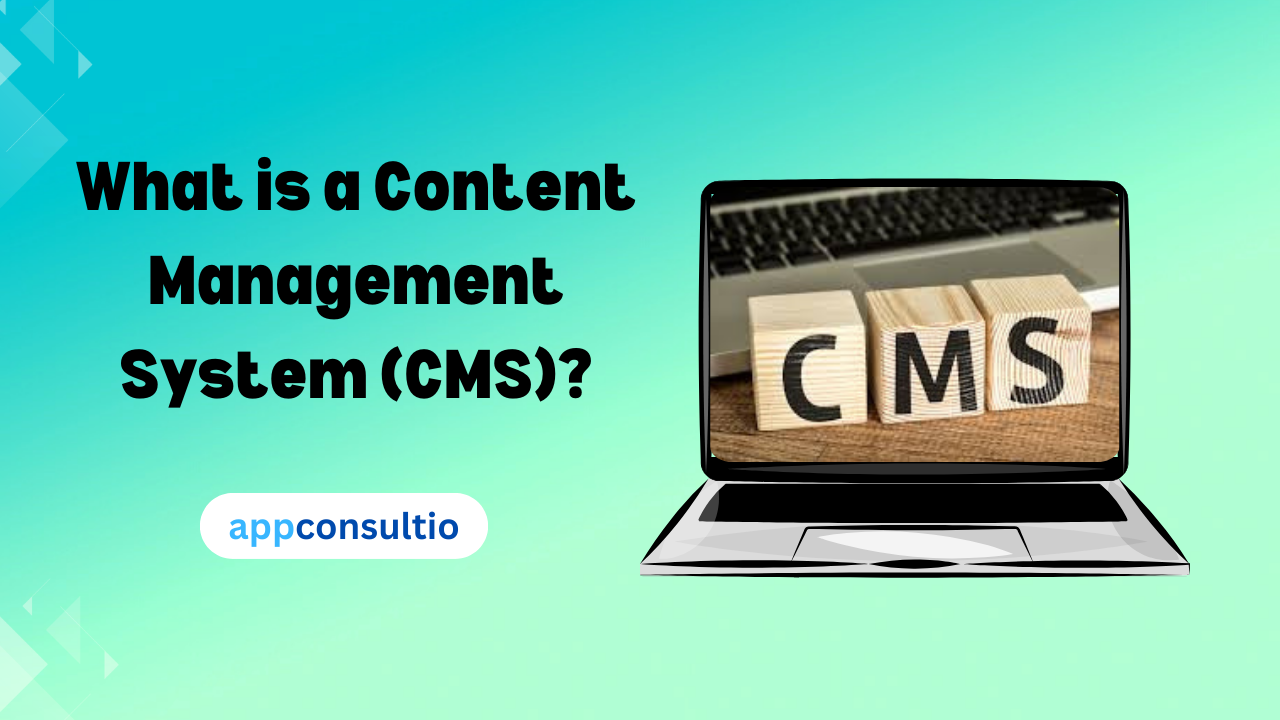
A Content Management System (CMS) is a versatile application designed to facilitate creating, managing, and editing website content, catering to a diverse range of users with varying technical expertise. At its core, a CMS enables multiple contributors to collaboratively generate, edit, and publish content within a centralized system. The content is typically stored in a database and presented through templates, shaping the website's visual appearance. This streamlined approach allows for efficient content management without extensive coding skills.
One of the fundamental features of a CMS is its ability to simplify content creation, offering users an intuitive platform to generate and format text and media elements. The content is then systematically stored in a centralized repository, ensuring consistency and ease of access. Workflows within a CMS play a pivotal role by assigning permissions based on user roles, empowering authors, editors, and administrators to manage content within predefined boundaries.
Beyond content creation and storage, a CMS handles the publishing process, determining when and where the content should go live on the website. Additionally, these systems incorporate optimization tools, enhancing the overall digital experience for users and providing valuable insights to content creators. A CMS serves as a user-friendly website development and management solution, allowing individuals without specialized technical skills to design, create, and maintain a dynamic online presence. It streamlines content display and facilitates user engagement by tracking sessions, managing search queries, collecting feedback, and hosting interactive forums. In summary, a CMS website is a powerful and accessible means for individuals and businesses to easily establish and maintain an online presence.
1. The Autonomy of CMS Updates -
One notable advantage of a Content Management System (CMS) is its autonomy to website owners or administrators in updating and managing their online content. In scenarios where third-party developers develop or manage websites, the conventional process involves contacting them for even the minutest updates, such as adding images or providing information about a new event. This constant back-and-forth communication can be time-consuming and may cause delays in keeping the website current.
However, a CMS website mitigates this dependency on external developers by providing an accessible and user-friendly interface. This empowers website owners to effortlessly update and manage their content independently, eliminating the need for continuous interaction with a third party. Whether adding new images, updating event details, or making other changes, a CMS streamlines the process, enabling website administrators to make timely updates.
2. CMS Empowering Non-Coders
Content Management Systems (CMS) are a tremendous asset for individuals who need coding expertise, catering specifically to those with limited or no programming background. Once a CMS website is professionally developed, users can easily manage and update content independently. A key advantage lies in including a WYSIWYG editor (What You See Is What You Get) within the CMS, providing users with a familiar interface akin to creating a document in Microsoft Word. This intuitive editor empowers users to manage and edit web content, including images and text, without intricate coding skills. This simplicity extends to various content types, making CMS exceptionally useful for creating and updating website web pages, blog posts, news articles, and more.
3. Flexible Design Evolution
Websites developed with the support of a content management system (CMS) offer a distinct advantage in that their designs are created independently from the content. This separation allows seamless redesigns or design-specific changes without overhauling the entire website. In a CMS website, transitioning to a new design is straightforward, effortlessly replacing the old design with a fresh one. By dissociating design elements from the mechanics of website functionality, a CMS provides users with the flexibility to update the visual aspects without disrupting the underlying structure. This adaptability is further enhanced with the emergence of drag-and-drop page builders, making creating a unique and visually appealing website more accessible.
4. Cost-Effective Flexibility
Maintaining a static website can be expensive and time-consuming, often requiring frequent engagement with web developers. Choosing a Content Management System (CMS) saves time and money and liberates users from dependency on developers for common updates. The user-friendly interface of a CMS allows individuals to make independent updates without extensive technical knowledge. This ease of use translates into significant cost savings, eliminating the need for constant developer intervention. Whether it's basic content updates or more technical modifications, CMS platforms simplify the learning curve, allowing users to acquire the necessary skills quickly, such as a day-long course.
Content Management Systems (CMS) are powerful tools that democratize website development and management. With the ability to streamline content creation, storage, and publishing, CMS offers an intuitive platform for users of varying technical expertise. The autonomy it provides in updating and managing online content and the ease of use for non-coders underscores its accessibility. Furthermore, the flexibility of design evolution and the cost-effective nature of CMS, liberating users from constant developer dependency, mark it as a versatile solution for establishing and maintaining an online presence. As a comprehensive package, CMS simplifies the intricacies of website management and fosters a dynamic and user-friendly digital experience for individuals and businesses alike.